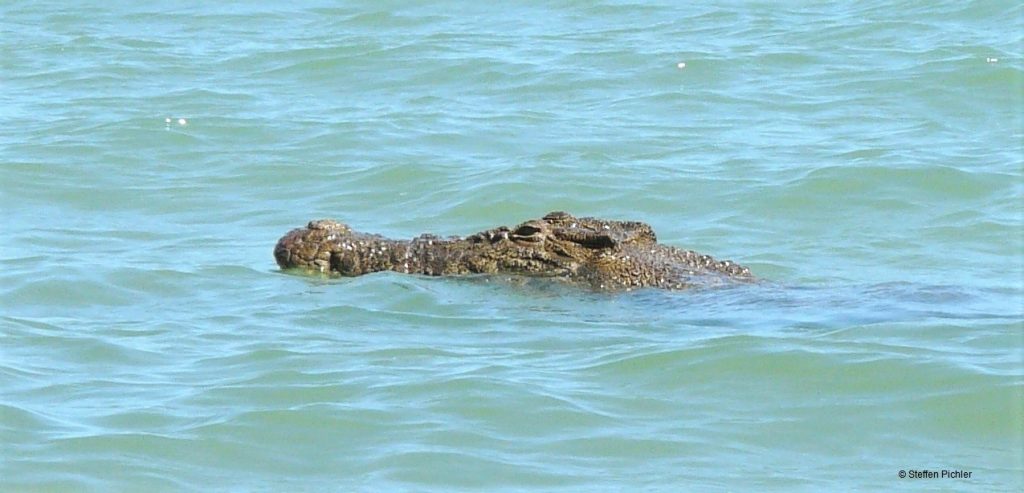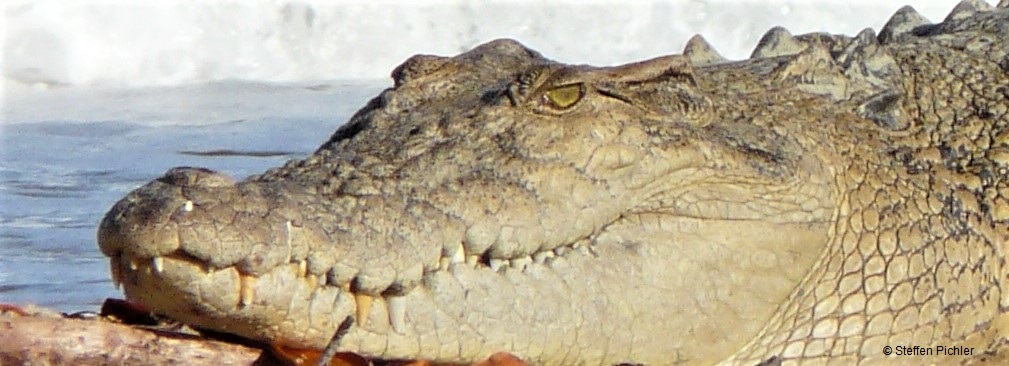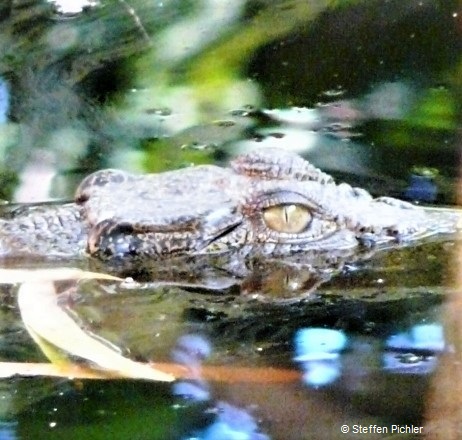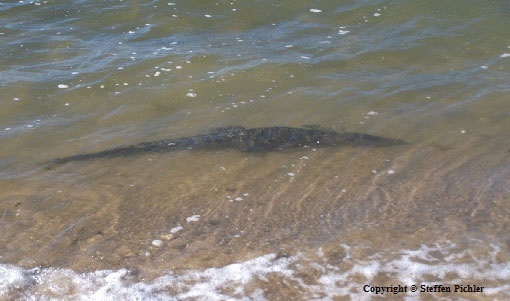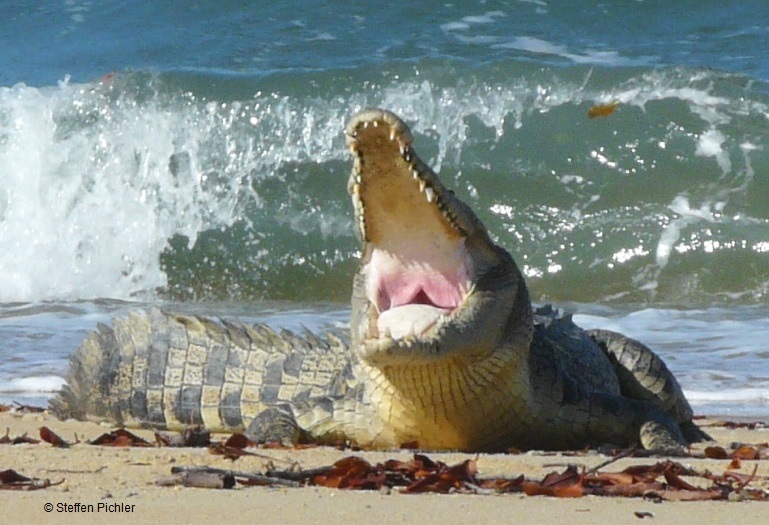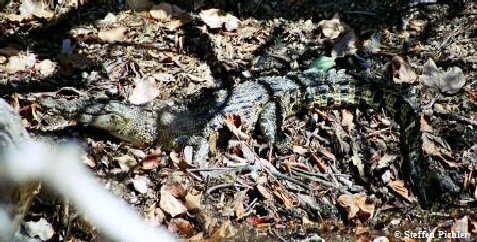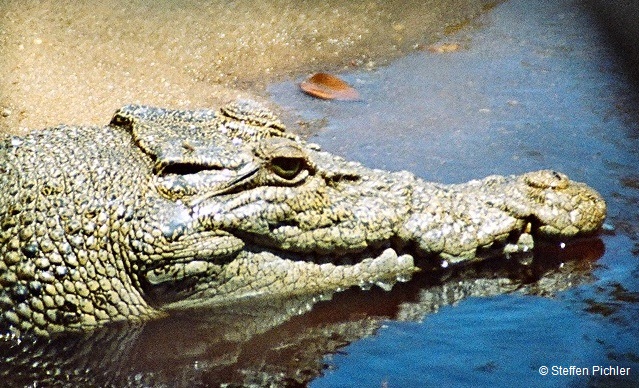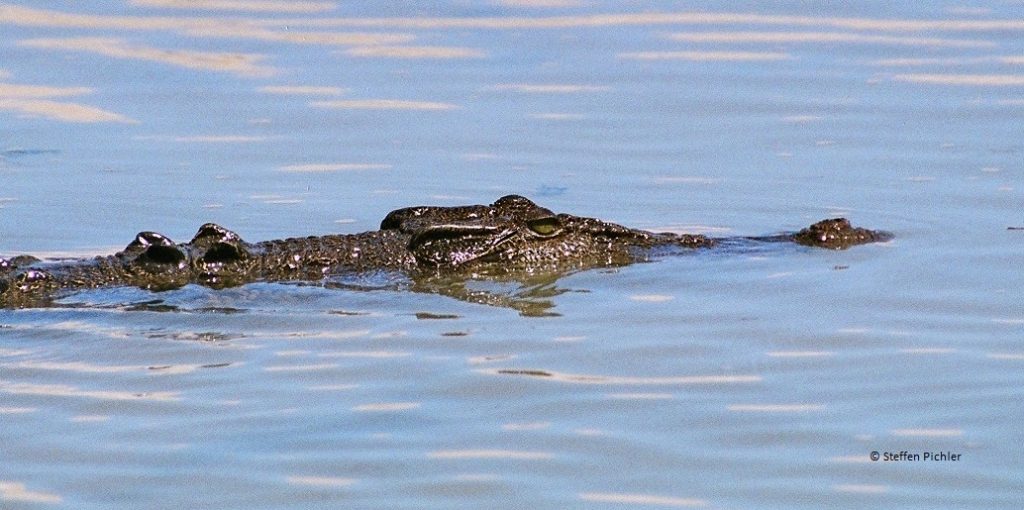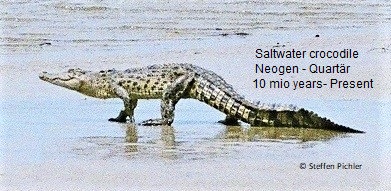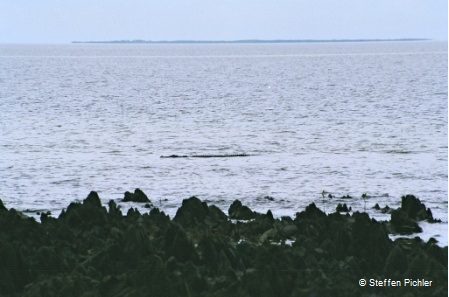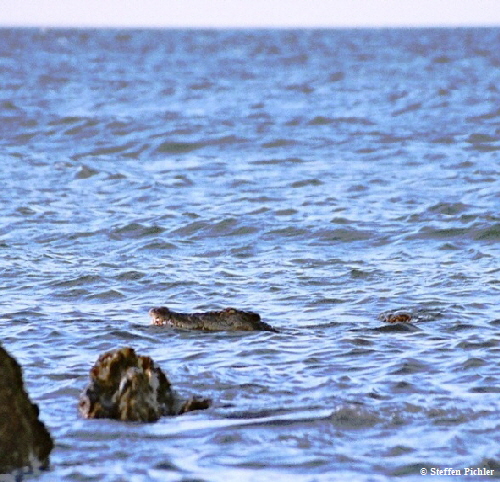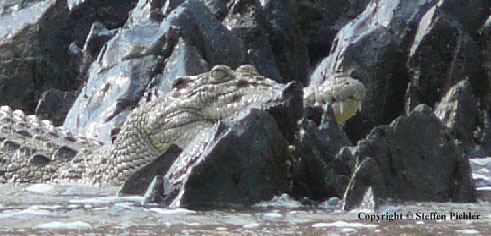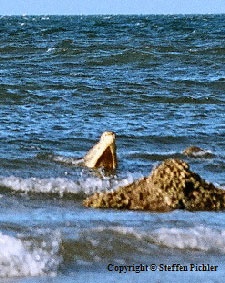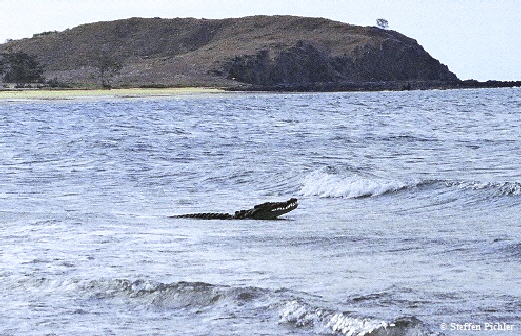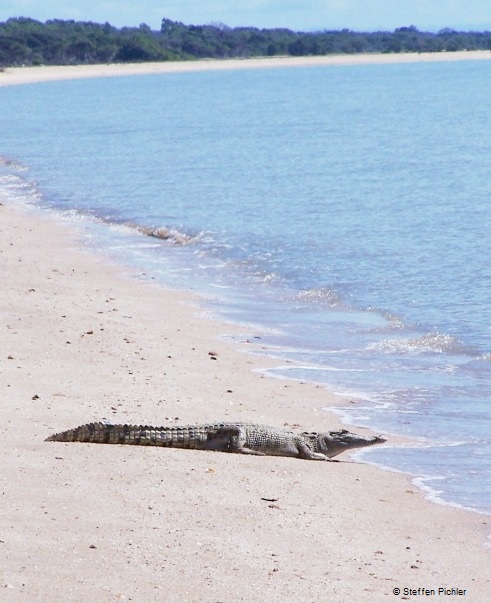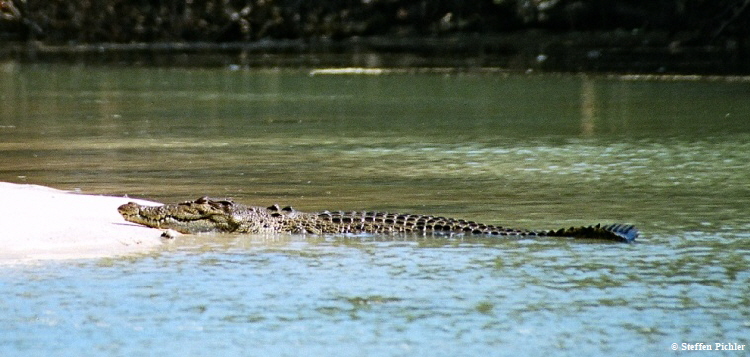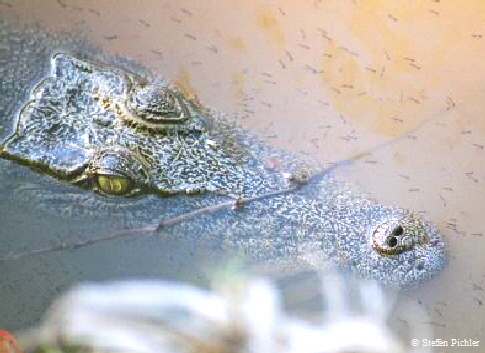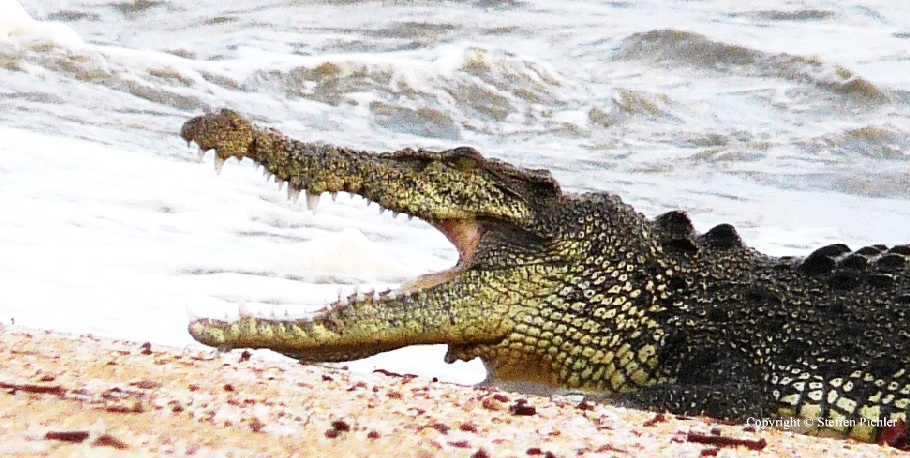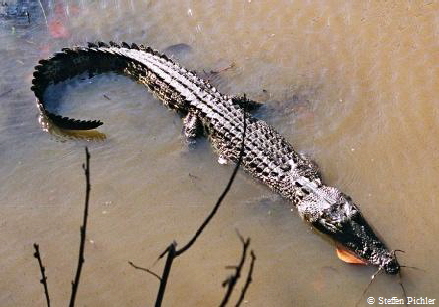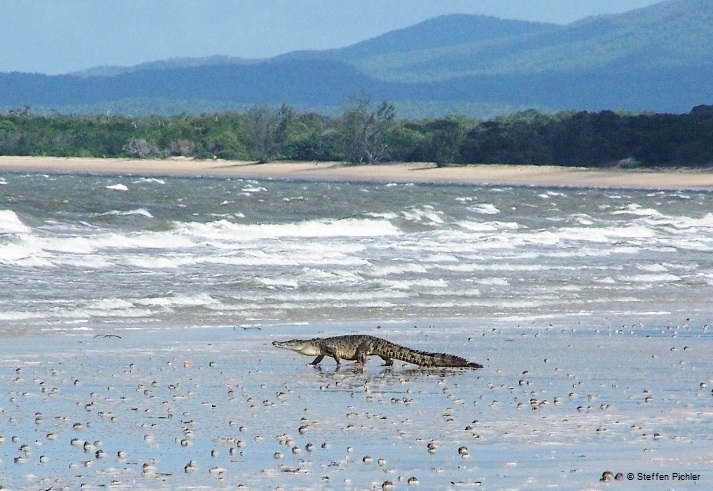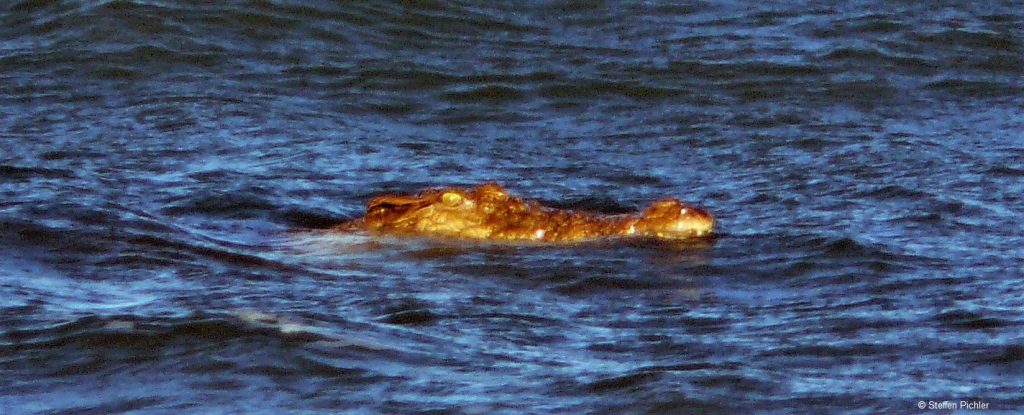ZEIS Publishing offers a range of books dealing with ecological issues. These are non-fiction and fiction books. However, as we are based in Germany, our main audience is there and so far only a small number of our titles have been translated into other languages. Below we present some of them that are already available in English on the international market. More book titles will be translated in the near future.
The print editions of all books of ZEIS Publishing are produced on 100% recycled paper and all materials (paper, glue, inks, etc.) are free of animal components.
THE GOLDEN SPRINGTIME (Novel)
In the year 2038, while famine, disease and escalating environmental destruction are already raging, an avalanche of extreme viruses, fungi and other parasites suddenly breaks loose in a total surprise, capitalising on mankind’s misguided agricultural practice and genetic engineering. Civilisation is on the brink of the final collapse, but a desperate lie told by world leaders, offering a fantastic future to the condemned, creates a bizarre euphoria: The Golden Springtime of Man.

While terrified humanity is temporarily appeased and exhilarated, in the background of the events every word, theory and equation ever written down in the history of civilisation is desperately re-examined for fresh wisdom. This secret search for salvation, in which all leading scientists and a supercomputer system are involved, eventually leads back to 1890 and unearths writings of a spoilt, aristocratic, English adventurer, who once journeyed to Australia to boost his ego and capture the biggest of all crocodiles. What he found instead, as one of the few white men to make deepest contact with Aboriginal hunter-gatherer tribes, was enlightenment that would radically expand humanity’s knowledge and perception of the laws of nature and demand life as we know it to change. Now, for the very first time, civilisation is truly enlightened. But is there enough time left to change everything and stop the apocalypse?
THE GOLDEN SPRINGTIME offers well-founded answers to the most fundamental questions. This is done within the framework of an exciting and realistic story that alternates on two timelines between the last pure hunter-gatherers in Australia at the end of the nineteenth century and the self-induced collapse of civilization and the ecosystem in 2038. The view takes the reader deep into the evolutionary and genetic foundations of life. But it is also directed, building on this, above all, to the very large, intense and equally enjoyable horizon of experience of all the freely evolved living beings that have populated the beautiful planet Earth for hundreds of millions of years on precisely these foundations.
Note: The ultimate science thriller THE GOLDEN SPRINGTIME delivers a harsh and well-founded critique of civilization and, in particular, its perverted treatment of the organisms used in agriculture and genetic engineering. For some readers this could be disturbing or they might even get the impression that they themselves are being criticised personally, e.g. if they are involved in agriculture. But the approach is not meant that way at all. It is in not at all intended as a personal criticism; it doesn’t matter whether you are a farmer or an employee in the genetic engineering industry, for example. It is only about the fundamental and systematic connections.
Contributors:
Author: Steffen Pichler
Editors: Hayley Sherman, Jürgen Hornschschuh (German Edition), Miriam Rathke (German Edition)
Book Cover: David Krüger
Layout: Claudia Waigel
ZEIS Publishing, Frankfurt am Main, Germany (www.zeis-verlag.de)
ISBN (Print): 978-3-947430-49-9
ISBN (Epub): 978-3-947430-50-5
THE RECIPE OF THE CROCODILE (Nonfiction)
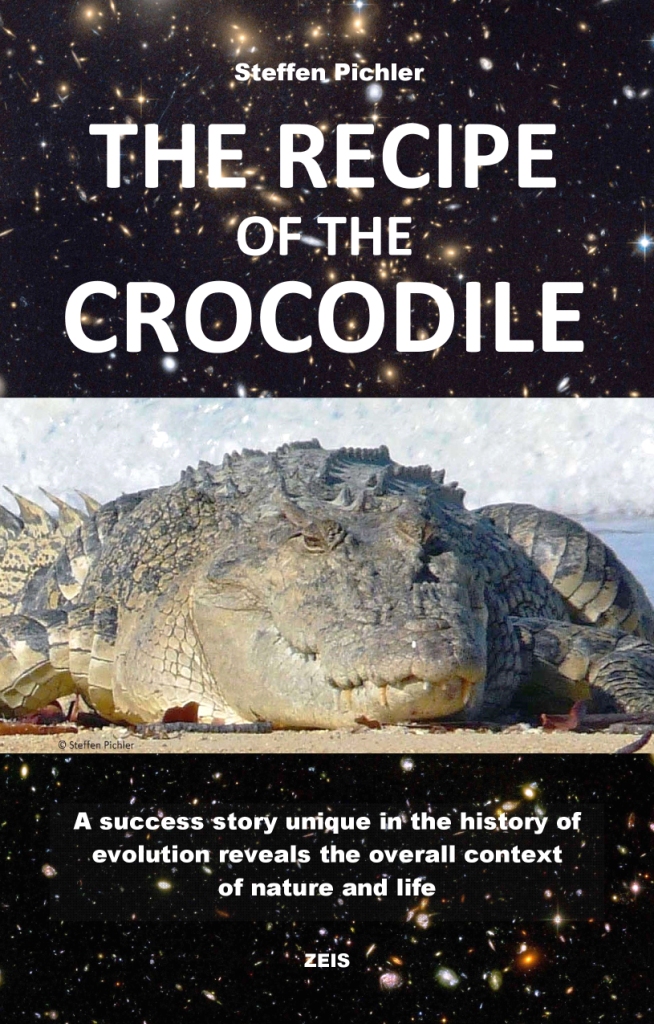
For a long time, researchers have puzzled over the question of why the large life form “crocodile” existed at the top of the food pyramid for more than 250 million years (and still exists today), and why it has also barely altered its appearance. Now the author Steffen Pichler has solved the mystery: in his book “The Recipe of the Crocodile”, based on years of observations of free saltwater crocodiles in northern Australia and the evaluation of paleontological studies, he proves that the real foundation of evolutionary success is an extreme “ecological harmony”. Namely, without any exception, all characteristics and traits are clearly aimed at disturbing the other living beings in the environment as little as possible and even positively influencing the ecosystem in many ways.
Pichler shows how the anatomy allows an almost turbulence-free movement in still waters and how the resting body at the shore zones of inland waters creates an inconspicuousness by coloration and shape that could not be optimized even theoretically in view of the enormous size. Likewise, in terms of behaviour, all characteristics are seamlessly oriented toward the greatest possible restraint and tranquillity, which is made evident by practical observation. The killing of prey, which is unavoidable at the top of the ecological food pyramid, occurs so surprisingly and quickly out of this calm that the suffering produced would also be irreducible, even theoretically. Among the many positive effects is that of a tight “health police”. Because diseased prey are more easily obtained, the crocodile ends their suffering and prevents further infections of the population. Moreover, carcasses lying in water are not rejected, whereby the crocodiles keep the waters clean. On top of this, the combination of extreme ecological harmony and potential dangerousness also produces effects of an indirect “protector” of the well-rehearsed ecological structure against strong and disturbing intruders, which Pichler also documents photographically (with himself acting as an intruder).
The author proves that all of this together must have been the result of an evolutionary adaptation that emerged again and again over hundreds of millions of years. Contrary to what is often claimed, the life form of the “crocodile” has not “survived” over these extreme periods of time in the sense of a descendant lineage, which is why there is hardly any evidence in palaeontology of direct lineages across geological epochs. Rather, the always largely same “crocodile form” has automatically emerged again and again via convergence because selective optimization in the direction of maximum possible ecological harmony yields the most stable and sustainable existence.
The reflection leads to the realization that the crocodile form has steadily adapted to a whole geometry of most fundamental laws of nature, which were never uncovered in the realm of science and which are mirrored in it. Just as the laws of gravity and centrifugal forces ensure that the celestial bodies are round and revolve around each other, these laws have ensured for hundreds of millions of years that the planet Earth has generated the highest possible degrees of diversity and free development of life.
Pichler shows how these laws of nature can be concretely defined and named. However, since they have not been recognized by science, the ecological behaviour of unenlightened humans has developed in a direction diametrically opposed to them. This concerns a wide range of destructive impacts on the other life forms of the ecosystem and is currently reaching a virtually limitless level of perversion in industrial factory farming, where most of the earth’s terrestrial vertebrates now live.
So, while the prey of the apex predator crocodile unfolds in complete and undisturbed freedom except for mostly only a few millionths of its lifespan (the very last seconds, often concentrated and spectacularly highlighted with slow motion in films), today’s “farm animals” of the apex predator man vegetate in a state of complete deprivation of freedom and extreme suffering for 100 percent of their lifespan – exactly the opposite of what the fundamental laws of nature, so clearly recognizable in the crocodile, are directed towards.
As one of his conclusions, Pichler warns that humanity has brought itself into an extremely fragile and dangerous situation, not through a lack of intelligence, but by missing a real enlightenment about the most important laws of nature. As if flying blind, this must inevitably end very soon in a final catastrophe, which could extend up to a collapse of the global ecosystem. The only chance to still stop this process lies in a fast recognition of the connections mirrored in the crocodile as well as radical and precise adjustments.
The book is available as an ebook on all the regular markets and as a print version in some countries.
ZEIS Publishing, Frankfurt am Main, Germany (www.zeis-verlag.de)
Author: Steffen Pichler
ISBN (Print): 978-3-947430-34-5
ISBN (Epub): 978-3-947430-33-8
Below you find a selection of photos, all taken by the author during those expeditions, which are the basis of the book “THE FREE CROCODILE”. The total duration of these stays in the farthest, uninhabited northeast of Australia north of Cooktown was about one and a half years. Food was obtained almost without provisions by hunting and gathering in the wild. In the run-up to the expeditions there were contacts with representatives of different tribes of the traditional landowners. The author was given permission to stay in the areas. Exceptions were certain places on the coast, which he therefore never entered. Over the years, there have been occasional inquiries by local press reporters, which Pichler has always used to support the interests of the traditional landowners as well as the protection of the coastline from the efforts of various industries. The following is an example from the “Torres News” (Thursday Island) of December 2004.

Free Saltwater Crocodiles (Crocodylus porosus) – © all pictures: Steffen Pichler

